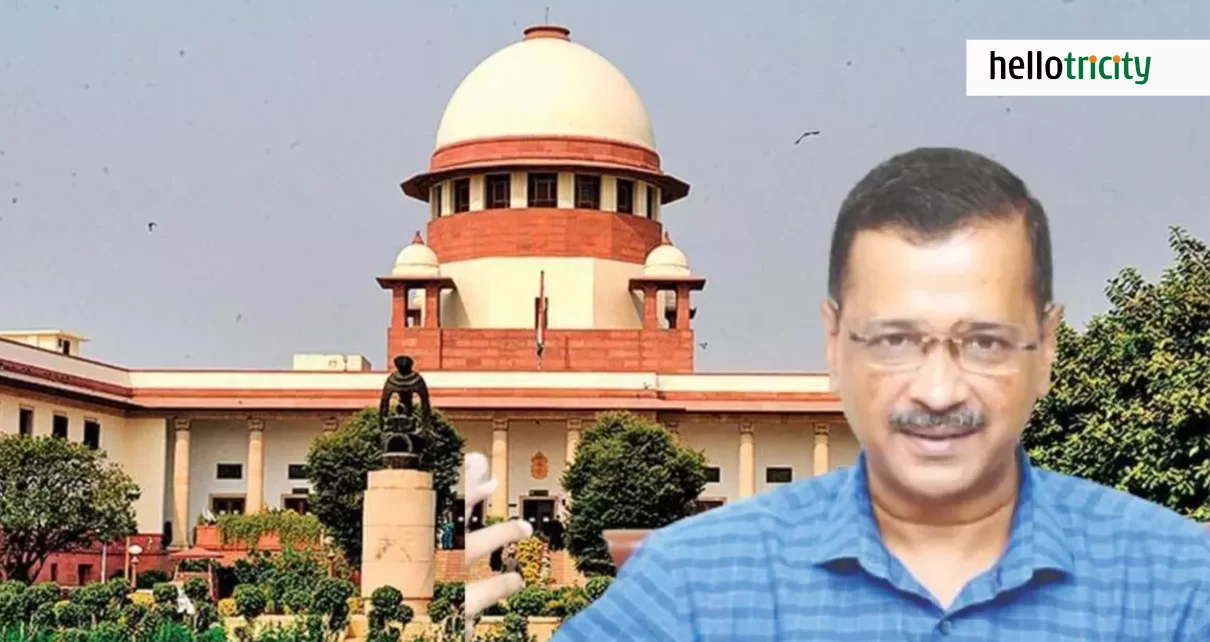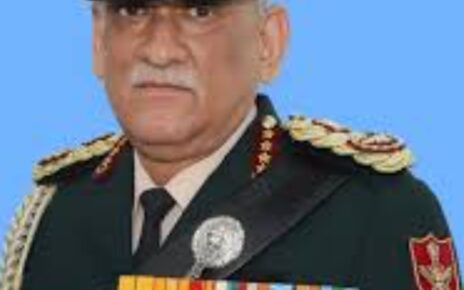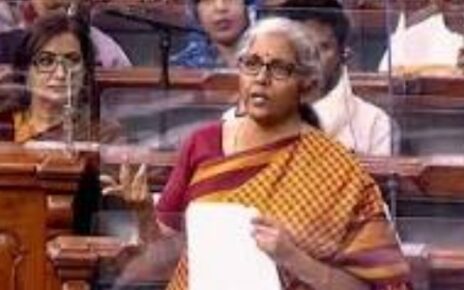On August 14th, in reference to Delhi’s Chief Minister Arvind Kejriwal’s request for bail and also wanting to be released from detention due to the case registered by the Central Bureau of Investigation (CBI) regarding the alleged Delhi Liquor Policy scam, the Supreme Court of India has given notice. The petition will be heard by a bench comprising Justices Surya Kant and Ujjal Bhuyan on 23rd August.
In defending Kejriwal, Senior Advocate Dr A. M. Singhvi stated that the Chief Minister has been granted temporary bail in three similar money laundering cases under the Prevention of Money Laundering Act (PMLA) before. He questioned why would that be a reason enough for him to reject his bail in the CBI case saying that the Act on Prevention of Corruption sets forth fewer stringent standards than does PMLA.
Justice Kant responded to Singhvi’s request for interim bail, stating, “We are not granting any interim bail.” The Chief Minister’s legal team indicated that Kejriwal has been facing health issues and requested a prompt hearing.
Kejriwal’s latest petition also challenges his arrest by the CBI, which took place on June 26, 2024, while he was already in custody for a money laundering case. The petition follows an August 5 ruling by the Delhi High Court, which dismissed Kejriwal’s plea against the CBI arrest but permitted him to seek bail from the trial court.
The AAP politician was initially detained by the Enforcement Directorate (ED) on March 21, 2024, in connection with the alleged liquor policy scam, and the Supreme Court granted him interim release on May 10 for the Lok Sabha elections. However, he remained in detention following the subsequent CBI arrest.
The court processes have created intense controversy about the timing and need of Kejriwal’s detention, with Singhvi claiming that there was insufficient direct evidence against him. The matter is still unfolding, gaining interest from both political watchers and the general public as the Supreme Court prepares to hear Kejriwal’s bail application.




